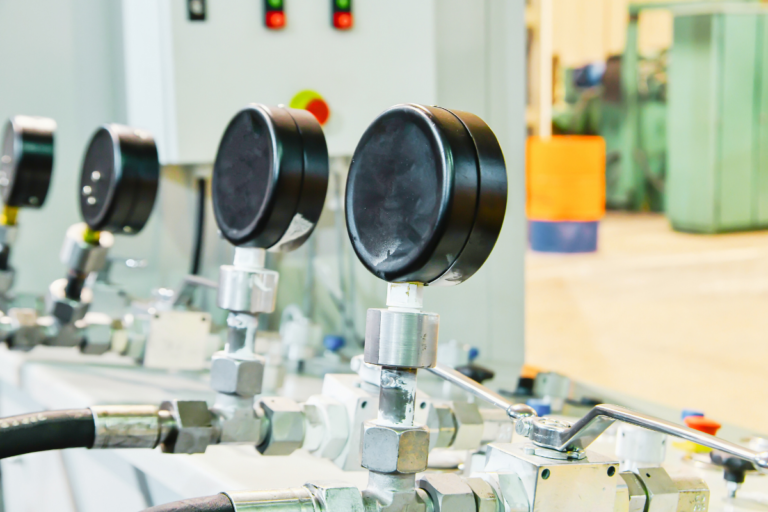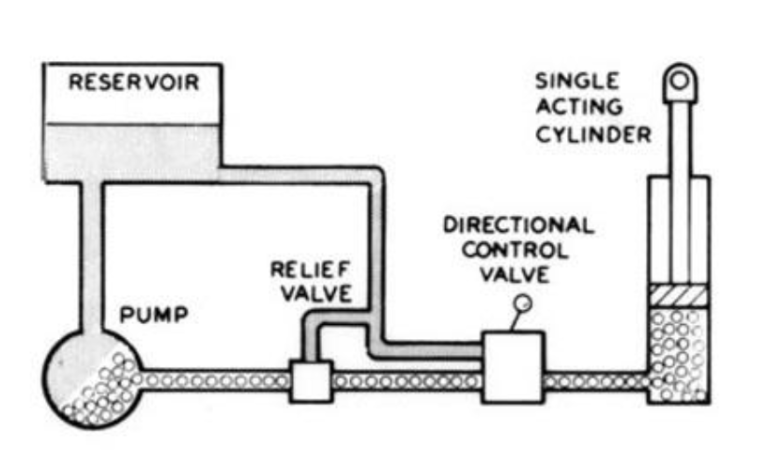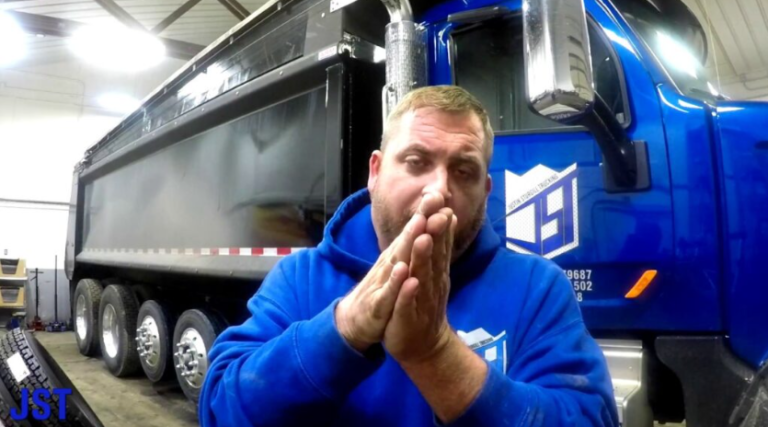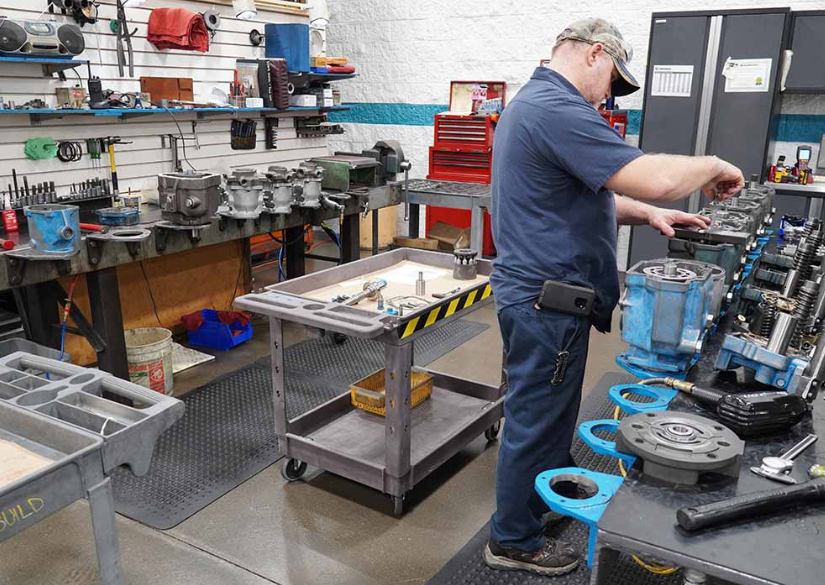
mis põhjustab hüdropumba virisemist
Pump whine is a type of unwanted noise that can be heard when a hydraulic pump is in operation. The noise is caused by the air pressure waves created by the pump moving the fluid. These pressure waves travel through the fluid and cause it to vibrate, which then produces the whine.
There are many things you can do to reduce or eliminate pump whine, but some pumps are inherently louder than others, so it’s important to understand what causes it in the first place. If you’re hearing your pump whine and you don’t know how to fix it, don’t worry – there are plenty of resources available to help you identify and fix the issue.
What is hydraulic pump whine?
Whine is a type of noise that is made by an engine or machine. It’s often caused by the pistons and other moving parts rubbing against each other. This can happen when the engine is not running smoothly, or when it’s not getting the fuel it needs.
Pump whine is a specific type of noise that’s made by hydraulic pumps. These machines use pressurized fluid to move objects, and they can get noisy when they’re working properly. Pump whine usually sounds like a high-pitched whistle, and it can be tough to hear in the background.
There are a few things you can do to reduce pump whine in your engine. First, make sure that the pump is running smoothly and that all the parts are moving correctly. Second, try using higher-quality fluid for your pump. And finally, make sure that your engine is getting enough fuel to run properly.
If you’ve tried all of these things and the pump whine is still a problem, you may need to replace your engine.
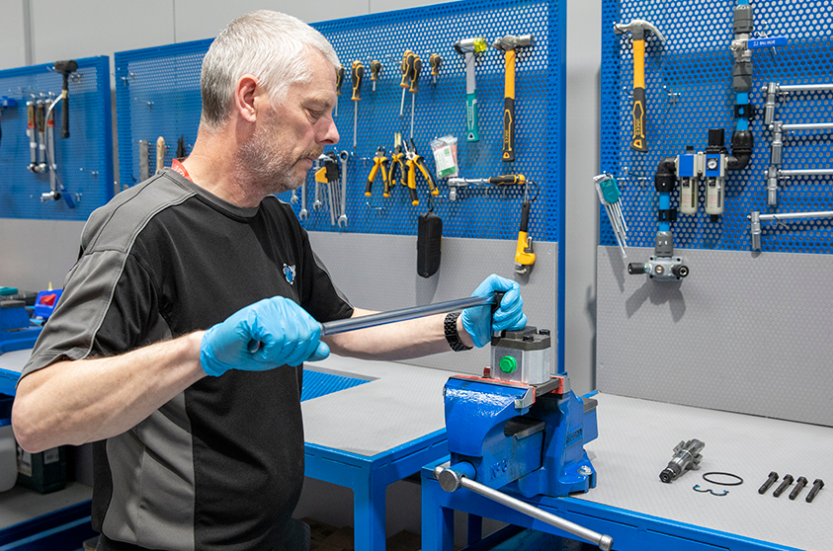
Causes of hydraulic pump whine
There are a few potential causes of hydraulic pump whine, but the most common culprit is debris in the pump’s impeller. This can be caused by anything from small rocks to bits of metal or plastic. If the debris is big enough, it can cause the pump to overheat and eventually fail. Additionally, dirty or worn impellers can also cause whine. Finally, a loss of oil or gas can also lead to whining, as the pump requires these fluids to operate properly.
If you’re hearing a high-pitched noise coming from your hydraulic pump, it’s probably time to take it in for repairs. There are a few things you can do to try to prevent the pump from failing, but ultimately the only solution is to have it replaced.
If you’re just starting to hear pump whine, there are a few things you can do to try to address the issue. First, make sure there isn’t any debris in the pump’s impeller. Secondly, clean the impeller and replace any parts that are worn or damaged. Finally, check the oil and gas levels in the pump and make sure they’re adequate.
Diagnosing the cause of hydraulic pump whine
If you’re noticing an unusual noise coming from your hydraulic pump, there’s a good chance you can identify the source of the whine. In this article, we’ll discuss some common causes of hydraulic pump whine, and how to diagnose and fix them.
One common cause of hydraulic pump whine is worn or damaged gears. Worn gears can cause the motor to run at a higher speed, which in turn causes the pump to produce more noise. If you notice that your pumps are making an unusually loud noise, it’s best to have them inspected by a professional.
Another common cause of hydraulic pump whine is a clogged impeller. If debris or water accumulates inside the impeller, it can cause the pump to generate an annoying noise. To prevent this type of problem from occurring, it’s important to keep your impellers clean and free of debris.
If you’re unable to identify the source of your hydraulic pump whine, it may be best to have them replaced. In some cases, minor repairs may be all that’s required to fix the issue.
If you’re experiencing any issues with your hydraulic pumps, be sure to contact a professional for help. They can inspect the equipment and diagnose the cause of the noise, which may lead to a solution.
fixing hydraulic pump whine
There are several potential causes of hydraulic pump whine, including worn bearings, loose or broken seals, and debris in the pump discharge. To diagnose and fix the problem, you’ll need to inspect the pump and its components.
To inspect the pump, remove the cover and look for signs of wear or damage. If you see either of those things, you’ll need to replace the bearings, seals, or debris.
To fix the problem, you’ll also need to adjust the pump’s RPM and torque settings.
causes hydraulic pump whine warning signs
When a hydraulic pump is working, it produces a whining noise. This noise is caused by the fluid moving through the pump. There are several different factors that can cause a hydraulic pump to whine. Here are some warning signs that you may need to take action to address the issue:
The whining noise is constant or increases in intensity over time
The noise is coming from the engine or machine itself
The noise is occurring during operation or startup
There is significant loss of power or reduce efficiency
Advanced Solutions for Causing Hydraulic Pump Whine
hydraulic pump whine is caused by many different factors and can often be fixed with a few simple steps. Here are some of the most common causes:
– Damaged or worn gears
– Damaged or misaligned bearings
– Ruined seals
– Loose or corroded hoses
– Obstructed flow- Improper lubrication

Conclusions
The whine of a hydraulic pump can be caused by many different things, and it’s often difficult to determine the cause. Many factors can influence the whine, including the design of the pump, the way it’s operating, and the terrain it’s operating on. However, some common causes of pump whine include:
-Damaged or failing seals in the pump
-Worn or misaligned gears
-Incompetence or negligence on behalf of the operator
mis põhjustab hüdropumba virisemist. please contact topkomplekti osad
